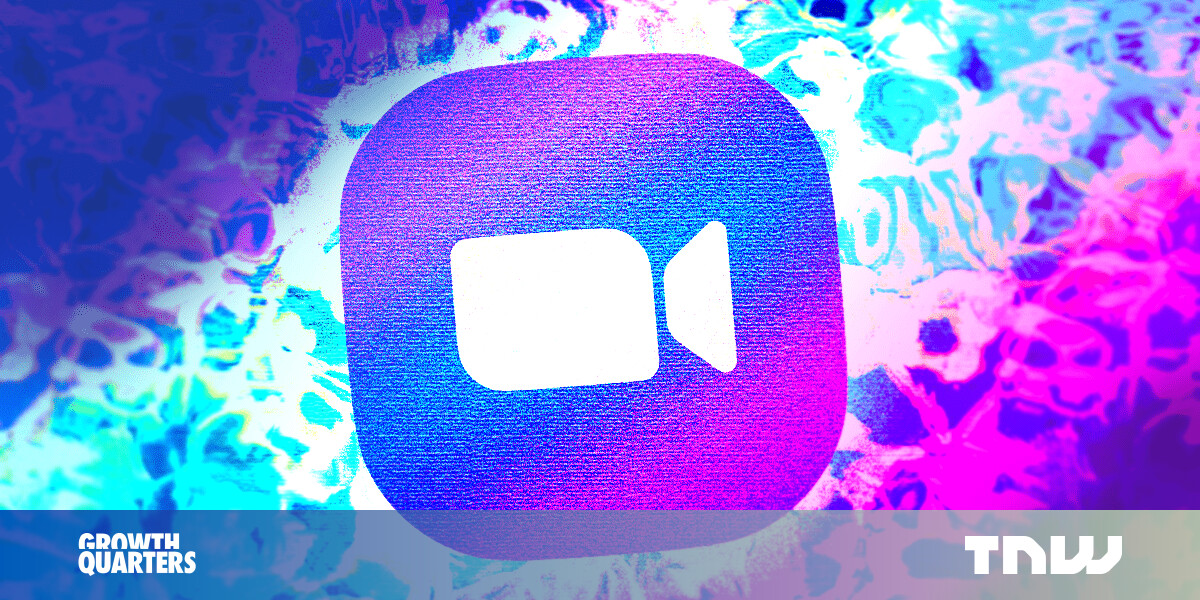
“Buy Zoom.” That’s what a good friend of mine told me he’d instructed his investment broker to do last March. I was impressed and irked.
Why had I lacked the foresight and why had he not tipped me off? 12 months later, his monetary investment is probably equal to the number of hours I’ve spent on the video conference platform. My ROI? A stronger contact lens prescription, his… well, best not think about it.
Zoom is the ultimate overnight success, a victor of circumstance. Imagine Facebook’s 2006-08 growth charts, then concertina them into a single week. Friday, March 20th, 2020: a handful of us had Zoom’d. Friday, March 27th: hands up who hadn’t?
This accelerated awareness is the stuff of an entrepreneur’s dreams, and it’s hard to imagine it will happen again. The circumstances are chance.
But with product ubiquity and a billion-dollar valuation around the corner, has Zoom really got anything to worry about? Yes, I would argue. And it comes down to brand.
To control, or not to control?
Here’s a thing, Zoom is now a verb. I’ll wager Miriam-Webster’s will rubber-stamp it in their annual update. Entering the dictionary is a kind of marketing erotica: brand managers breathily utter names like Hoover, Biro, or Google in conference rooms around the world.
But entering the vernacular is dangerous, particularly if you don’t own the narrative that accompanies it.
For Zoom, the phrasing is mostly pejorative; zoom fatigue, zoom hell, back-to-back Zooms. The platform is becoming the scapegoat for our dysfunctional home life; for boundaries being crossed and toilet breaks lost.
Brand building is about controlling the narrative. Unfortunately, when a business explodes onto the scene without one, it can be hard to rewrite the one it’s handed. But why does it matter?
Simply put, it makes Zoom vulnerable to a new, more empathetic alternative. Most established utility companies know how hard it is to retain consumers now adept at switching with just a few clicks.
Digital startups that undergo rapid growth often overlook brand narrative. I’d go as far as saying some roll their eyes at the importance of it — believing ‘if the product is good enough, it’ll market itself’.
I’ll concede this might be true, up to a point. Disruptors also get disrupted, and without a solid brand narrative, it can get ugly — just ask Facebook or WeWork.
If your product is your brand, there’s little defense when a storm rolls in. And as sure as nature, it will. It might be an economic downturn, regulation, a rogue exec, or just a better product. Whichever, you need to control your brand narrative and use it to retain people.
How do you create a powerful brand narrative?
The first thing is to align on a mission, a reason for being: To democratize information (Google); A computer on every desk, every home (Microsoft); Connect the world’s professionals (Linkedin).
But don’t stop there. Now load the mission with humanity and manifest it in the product, the company, and the marketing. This involves truly understanding people’s needs and wants.
This is a human-centric approach and it’s the absolute foundation of a brand narrative. Your product will bring people in, but it’s the humanity of the company that will keep them there; particularly if you’re investing in the newest generation of consumers.
Defining the brand and the narrative can easily be deprioritized — but don’t let it happen!
If there’s one thing the pandemic taught product owners and marketers, speed of response matters. I can tell you first hand that those businesses who knew their narrative, knew how to respond instantly. Consumers embraced them, flocked to them in some cases. Those who didn’t took months to respond, and it has hurt their business.
Zoom will be worth billions by the time this article is published and many employees will pocket life-changing cheques. It’s a remarkable story, but it doesn’t end with the IPO. Brands have been known to outlive their original products, but products without brands get unstuck at some point.
I mean… when did you last Skype?
Published March 12, 2021 — 11:16 UTC
The Link LonkMarch 12, 2021 at 06:16PM
https://thenextweb.com/growth-quarters/2021/03/12/zoom-success-brand-risk-lessons/
Zoom is crazy successful — but did it forget its brand? - The Next Web
https://news.google.com/search?q=forget&hl=en-US&gl=US&ceid=US:en

No comments:
Post a Comment